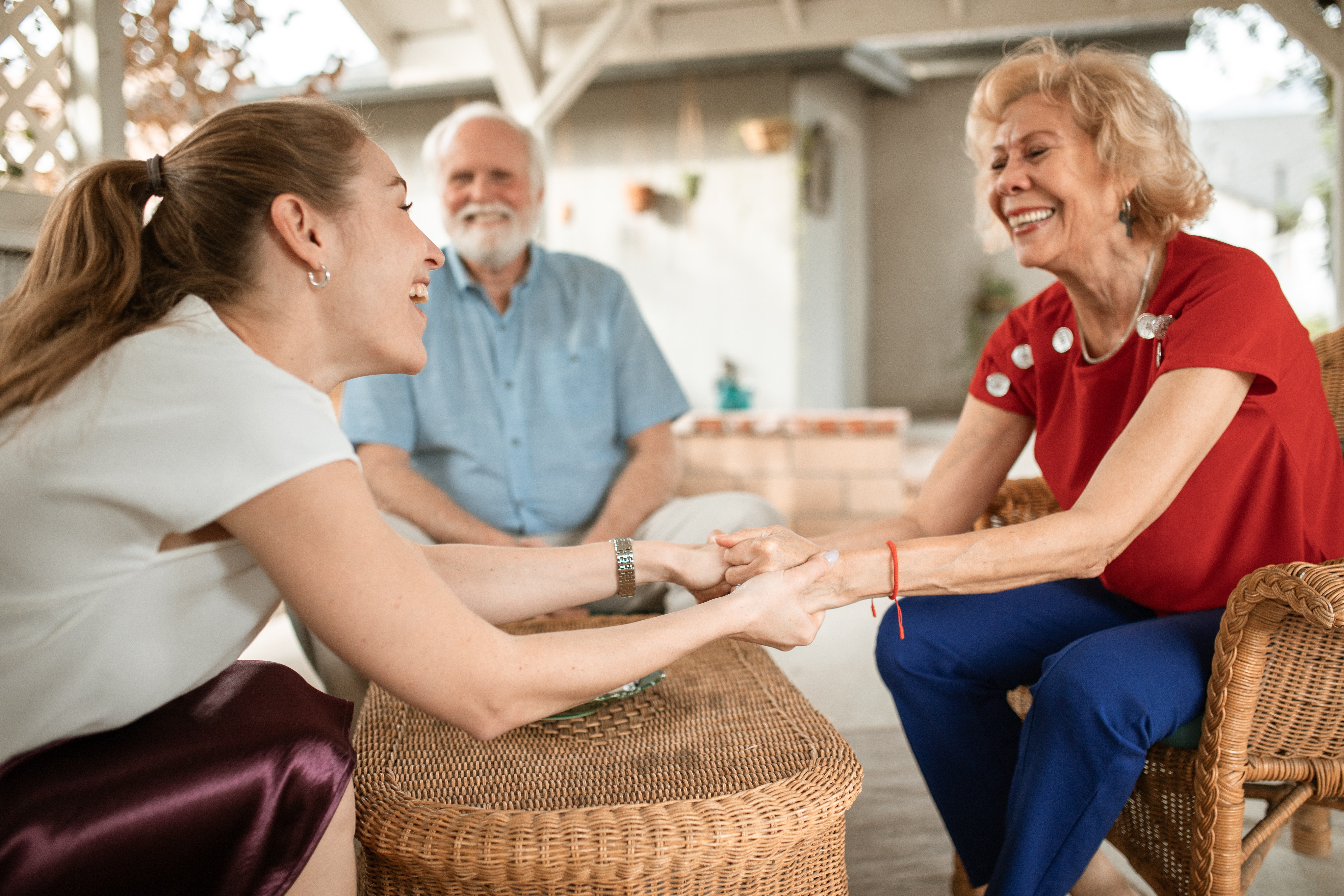
In a world that seems to be constantly changing, there is a group of individuals whose wisdom and life experiences remain valuable to our society – our elders. Valuing the elders in your life and your community is a mark of respect and a way to tap into a wealth of knowledge, preserve traditions, and foster a sense of belonging. In this article, we will explore the importance of cherishing our seniors as a personal responsibility and a vital community-building effort.
The Wisdom of Age
One of the most significant reasons to value our elders is the treasure trove of wisdom they possess. Life experiences, successes, failures, and lessons learned over decades can be passed down to younger generations. These nuggets of wisdom often contain insights that can guide us through challenging times and help us make more informed decisions.
Elders can provide unique perspectives on history, culture, and personal growth that are often not found in textbooks or online resources. Their stories and advice can serve as a bridge between generations, connecting the past to the present and creating a richer tapestry of shared knowledge.
Preserving Traditions
Cultural traditions and customs are an essential part of our identity and heritage. Elders play a crucial role in preserving these traditions by passing them down to younger generations. Whether it’s cooking family recipes, participating in cultural ceremonies, or sharing stories from the past, seniors are the custodians of our cultural heritage.
By valuing and actively involving older members of our communities, we ensure that these traditions are preserved and remembered. This cultural continuity helps create a sense of belonging and pride among community members, fostering a stronger sense of identity and cohesion.
Reducing Social Isolation
Social isolation and loneliness among seniors are significant concerns, particularly in today’s fast-paced, digitally-driven world. Valuing the elders in your community means recognizing their social needs and actively engaging with them. Loneliness can have severe physical and mental health implications for older individuals, so creating opportunities for social interaction and support is crucial.
Community organizations and individuals can organize events, clubs, and activities that promote seniors’ involvement and help combat social isolation. By doing so, we improve the well-being of our elders and strengthen the bonds within our communities.
Passing Down Family Histories
Families benefit significantly from valuing their elders. Grandparents, in particular, can play a pivotal role in connecting younger family members with their roots. Listening to family stories, looking at old photo albums, and learning about one’s heritage from the older generation can be a profoundly enriching experience.
This connection to family history provides a strong foundation for personal identity and a sense of belonging. It also helps instill a deep appreciation for the sacrifices and achievements of previous generations.
Promoting Healthy Aging
Valuing the elders in our communities involves respecting their knowledge and experiences and caring for their physical and mental well-being. Encouraging older individuals to stay active, eat healthily, and engage in regular social interactions can promote healthy aging.
Furthermore, seniors can serve as role models for younger generations in leading a fulfilling and meaningful life in later years. Their active participation in community activities can inspire others to stay engaged and contribute to society.
Recognizing Community Heroes
Valuing elders in your community goes hand in hand with recognizing them as community heroes. These individuals have not only contributed to their families but have also made lasting impacts on the neighborhoods and towns they call home. Programs that acknowledge and celebrate community heroes, can inspire others to follow in their footsteps and continue the tradition of valuing and respecting our elders.
Final Word
Valuing the elders in your life and your community is a moral responsibility and critical to building more robust, resilient communities. The wisdom they impart, the traditions they preserve, and the stories they share are invaluable contributions to our society. By actively engaging with and supporting our elders, we can foster a sense of belonging, preserve our cultural heritage, and create a more compassionate and interconnected community for people of all ages to thrive.